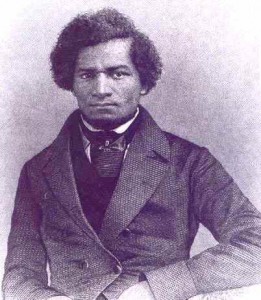In the last post, we stated questions that have been asked about Word of Faith Fellowship (WOFF). Some questions were about Jane Whaley, the leader. Some were about daily life at WOFF. “Why” was/is a common question and well as “how”? We shared some questions that new members have to face. Those answers would be very interesting as each new member would face them first in the church and then in their private lives. The main point being that their private life morphs/merges into their life at church. For sure, new members learn that there is nothing hidden that will not be revealed – to Jane. When a new member joins WOFF, at whatever degree or stage that is or becomes, he or she will face the realization at some point that privacy is a dwindling commodity. All facets of life merge into the realm of the church’s/Jane’s purview.
Life at WOFF becomes all consuming- why? Why did/does membership at WOFF require ALL of a member? What other churches which claim to be “Protestant, non-denominational church…( as defined by classical Christianity) with traditional, evangelical doctrines” require so much of their members? I am not saying there are no others; I just want to know who they are… We shared about this type of group in a post from August 1, 2010- “Know the Marks of Cults” Part 6 found here: https://religiouscultsinfo.com/?p=2896 .

